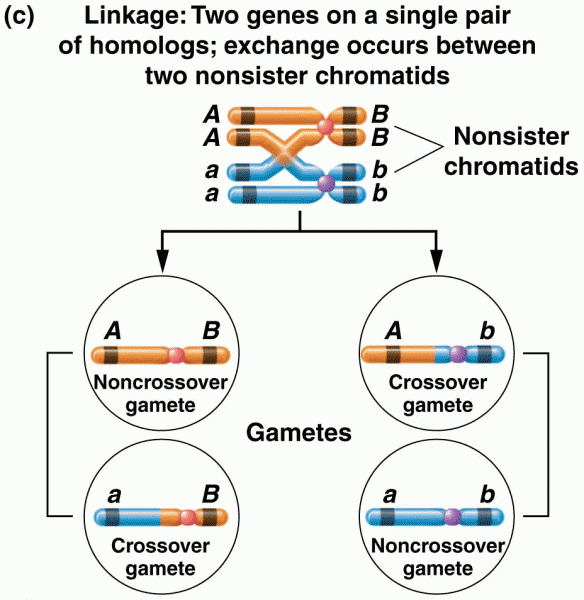Voidable Preference. The Securities and Exchange Commission (SEC) filed a suit in a federal district court against First Jersey Securities, Inc, and others, alleging fraud in First Jersey's sale of securities (stock). The court ordered the defendants to turn over to the SEC 75 million in illegal profits. This order made the SEC the largest unsecured creditor of First Jersey. First Jersey filed a voluntary petition in a federal bankruptcy court to declare bankruptcy under Chapter 11. On the same day, the debtor transferred 200,001 shares of stock to its law firm, Robinson, St. John, & Wayne (RSW), in payment for services in the SEC suit and the bankruptcy petition. The stock represented essentially all of the debtor's assets. RSW did not find a buyer for the stock for more than two months. The SEC objected to the transfer, contending that it was a voidable preference, and asked that RSW be disqualified from representing the debtor. RSW responded that the transfer was made in the ordinary course of business. Also, asserted RSW, the transfer was not in payment of an antecedent debt, because the firm had not presented First Jersey with a bill for its services and therefore the debt was not yet past due. Was the stock transfer a voidable preference? Should the court disqualify RSW? Why or why not?
Question 2
Emile owns Emile's Used Car Emporium. Several people work for him at the Emporium. When Emile is gone, he leaves one of his best salespersons, Meg, in charge. Over the years, Emile has given Meg the authority to contract with vendors, negotiate sales, and conclude car sales contracts in his name. One August, Emile takes a long vacation, leaving Meg in charge. While he is gone a hurricane hits Florida where the Emporium is located, causing severe damage. Because Emile is floating down the Amazon, Meg cannot reach him for instructions. She decides that rather than leave the place in shambles, she will hire people to repair the Emporium. Meg hires a carpenter to rebuild a wall that was blown down by the storm. Phil, the carpenter, is busy at work on his scaffold when Meg's Scottish terrier Adam, who she keeps with her at work, plows into the scaffolding while chasing a cat. Phil is knocked off the scaffold and falls ten feet to the ground, suffering a broken leg. As Emile's agent, Meg is required to:
a. mingle her personal funds with his b. engage in self-dealing
c. disregard orders given to her by Emile d. engage in unethical behavior
e. exercise reasonable care in the performance of her duties







